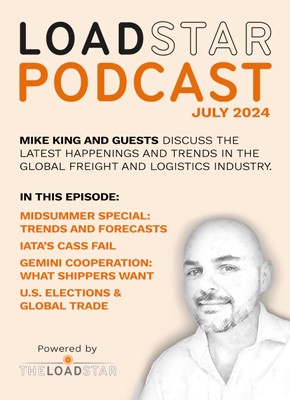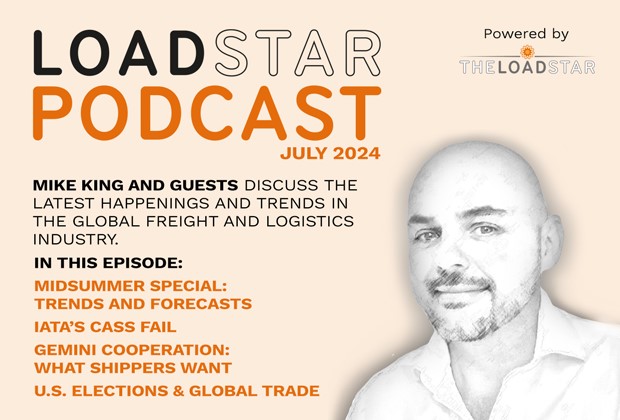
It is not yet known exactly how many of the 2,000-strong workforce were killed at the weekend following a fire in a garment factory in Bangladesh, which had no emergency exits. Walmart says it doesn’t know whether the company was its supplier or not. How many times must this happen before retailers (and consumers) take some responsibility? Is there anything the supply chain can do to push for higher standards at factories? Much-criticised Foxconn is beginning to look like a model employer…



